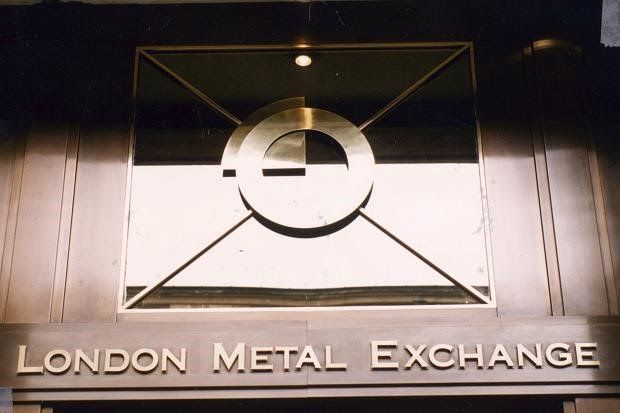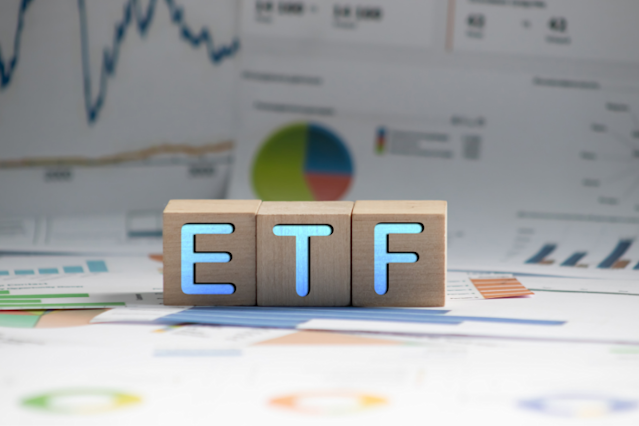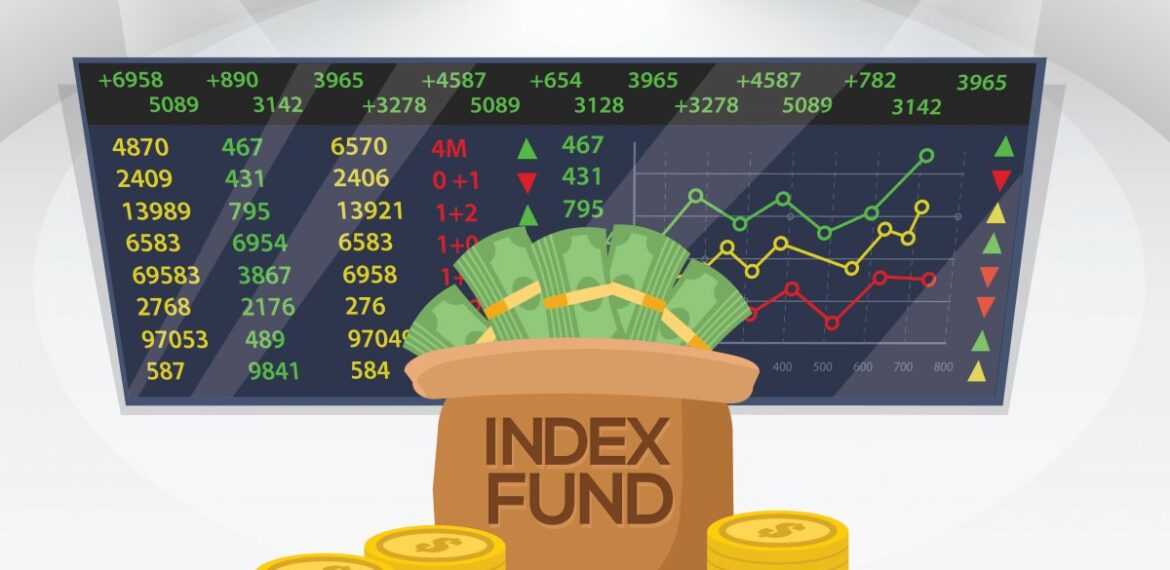All Contents
Contents
Oil is a commodity, and as such, it tends to see larger fluctuations in price than more stable investments, such as stocks and bonds. There are several influences on oil price. OPEC Influences Prices OPEC, or the Organization of Petroleum Exporting Countries, is the main influencer of fluctuations in oil
What Is a Store Of Value? A store of value is an asset, commodity, or currency that maintains its value without depreciating. A store of value is essentially an asset, commodity, or currency that can be saved, retrieved, and exchanged in the future without deteriorating in value. In other words,
A gold fund is a type of investment fund that holds assets related to gold. The two most common types of gold funds are those holding physical gold bullion, gold futures contracts, or gold mining companies. Gold funds are popular investment vehicles among investors who wish to hedge against perceived
What Is the London Metal Exchange (LME)? The London Metal Exchange (LME) is a commodities exchange that deals in metals futures and options. The LME is a non-ferrous exchange, meaning the exchange does not trade iron and steel. Instead, tradable contracts include aluminum, copper, gold, silver, cobalt, and zinc. Located in
More than a decade after Bitcoin’s introduction, there is still considerable confusion about its taxes. The cryptocurrency was conceived of as a medium for daily transactions but it has yet to gain traction as a currency. Meanwhile, it has become popular with speculators and traders interested in making a quick
A blockchain ETF is similar to the standard sector- or theme-based stock investments through exchange-traded funds (ETFs), working by exclusively investing in a basket of blockchain-based companies. The companies owned in a blockchain ETF have business operations in blockchain technology or are those that invest or profit from blockchain. Blockchain is
What Is an Index ETF? Index ETFs are exchange-traded funds that seek to replicate and track a benchmark index like the S&P 500 as closely as possible. They are like index mutual funds, but whereas mutual fund shares can be redeemed at just one price each day (the closing net asset value (NAV)), index
The most obvious advantage of index funds is that they have consistently beaten other types of funds in terms of total return. One major reason is that they generally have much lower management fees than other funds because they are passively managed. Instead of having a manager actively trading, and
An index fund is a type of mutual fund or exchange-traded fund (ETF) that holds all (or a representative sample) of the securities in a specific index, with the goal of matching the performance of that benchmark as closely as possible. The S&P 500 is perhaps the most well-known index,
What is Cross Hedge? Cross hedging refers to the practice of hedging risk using two distinct assets with positively correlated price movements. The investor takes opposing positions in each investment in an attempt to reduce the risk of holding just one of the securities. Because cross hedging relies on assets
Recent Posts
Recent Comments
- Cacey Taylor on Forex vs Stock Trading
- A WordPress Commenter on Hello world!
- John Doe on Which is the Best PC for Photo Editing?
- John Doe on Giant Cruise Ships
- John Doe on 50 Most Beautiful Places in the World
Categories
- Articles/FAQ
- Blockchain
- Cash/Voucher/Card based
- Commodity
- Credit Card
- Cryptocurrency
- cyber security
- Digitization
- e-Payment
- e-Wallet
- Fintech
- Forex
- Fraud
- hacking
- High risk
- Investment
- Mobile Payment
- News
- Payment Gateway
- Scam
- Security
- Shipping Methods
- Stock
- Technology
- Travel
- Troubleshooting
- Uncategorized
Latest Posts
- January 22, 2021
- January 22, 2021
- January 22, 2021
- January 12, 2021
- January 12, 2021
Newsletter










